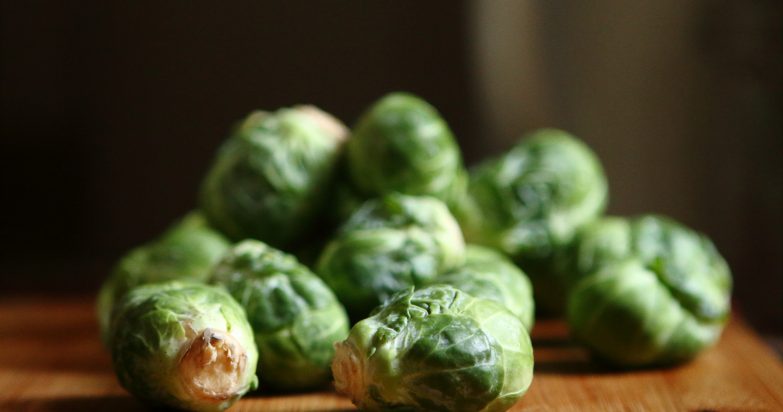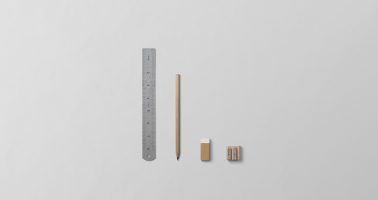If you’ve been living in Brussels for a while, you might have been hearing very peculiar words and expressions making no sense to your non-Belgian ears. That’s because the capital of Europe has its very own language, result of a Brabant-Dutch dialect mixed with French words, called Brusseleir. And since it’s very exotic, here’s your must-learn list if you want to blend in… Or just follow conversations.
Amaï
This is one of the most commonly used words in Brusseleir, but it’s hardly translatable. It can express several feelings such as admiration, astonishment, disbelief or even consternation. Eventually, it all comes down to how you say it. So, practice your “amaï”.
Aubette
That’s how Brusseleirs call pretty much anything with a roof and selling stuff. This includes newsstands, bus shelters, kiosks, food trucks… You name it!
Babeleer
A babeleer is someone chatty. But admit it, “babeleer” is way funnier to say.
Ballekes!
This is pretty much our belgian “bullshit”! It also has a very poetic variation: “ballekes me tomatesauss!”, meaning “even more bullshit” (or “meatballs with tomato sauce”…).
Caberdouche
Your neighbourhood pub. Our second home.
Chicken typ’
This has nothing to do with poultry, it just means that a guy is elegant, chic.
Chique
Now this is tricky: “chique” is pronounced like “chic”, but means candy or, most of the time, chewing gum. But don’t get all stressed out, this is as complicated as it gets.
Couque
A couque (pronounced “cook”) is a pastry. Any pastry. Easy, right?
Dikkenek
“Dikkenek” comes from “dikke” (big) and “nek” (neck) and indicates someone pretentious. This word was made very popular again thanks to the movie “Dikkenek” (2006) with François Damiens.
Drache
You’ll hear this word a lot in Brussels and in Belgium, because it basically means heavy rain. And, in case you haven’t noticed, we’re pros in that area.
Fieu
This word is extremely common in Brusseleir and is used as an affectionate way to call someone, usually a man. “Merci, fieu” could be translated by “thanks, man”. The feminine version of “fieu” is “fieke”, but it’s way less used.
Godverdoeme
That’s probably our favorite word to use when swearing. It has a lot of derivatives like “Verdomme!” or “Verdoemme!” and means “for God’s sake”.
Ket / Ketje
“Ket” or “ketje” means “boy” or “kid”, but is also used in the same way as “fieu”, sometimes.
Non peut-être
This expression makes no semantic sense, and means “definitely”, “of course”. Go figure.
Partir en stoemelinks
You know, when you wanna leave but decide not to tell anyone because, well, they’d tell you to stay? That’s leaving in “stoemelinks”.
Peï (or peye, peie)
“Peï” (pronounce “pay”) is similar to “ket”, except it’s used to refer to an older person.
Schieve
This funny word means crooked, asymmetric. And if it’s familiar, that’s because there’s a very well known restaurant with the same name in Brussels, where you can eat typical Belgian dishes!
Snottebelle
That’s just boogers.
Tich
Refers to the penis, but can also be used the same way as “fieu”.
Tof
Great, beautiful. It can be said of a situation but also of a person. We use it all the time.
Vogelpik
Vogelpik means randomly, or in some cases luckily.
Y fait douf
That’s used when the weather gets a bit tropical, hot and humid. So, something like 3 times a year.
Zeg manneke!
This is the Brusseleir way to say “come on, man!” with the intonation of your choice!







